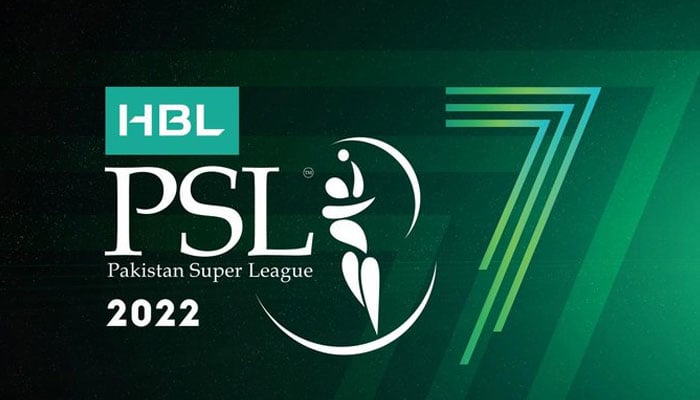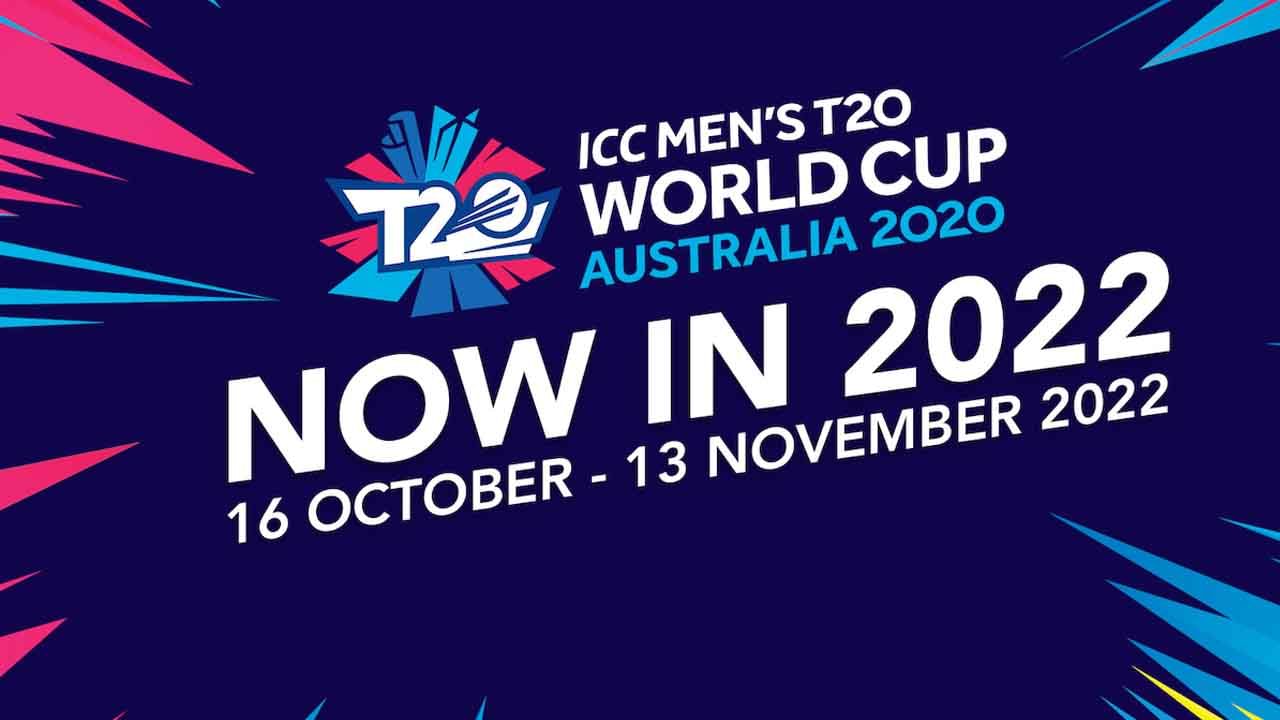On Monday, Zimbabwe wanted to bat second in Sylhet. On Wednesday, they did.
On Monday, Zimbabwe's captain Brendan Taylor asked his batsmen to put more value on their wickets. On Wednesday, they did.
On Monday, Zimbabwe's match against Ireland went down to the last ball
and they lost. On Wednesday, the margins were just as close but the
result was different.
Zimbabwe kept themselves in contention for the main draw of the World
T20, despite making hard work of chasing 141 on a surface which, on
Monday, Taylor had assessed as a 180-run pitch. They needed much less
and were solid at the start, but almost left themselves with too much to
do at the end.
Having watched their own bowlers pluck the Netherlands top-order in the
Powerplay, and concede 37 runs in the next six overs, Zimbabwe
approached their chase conservatively at first. Hamilton Masakadza and
Sikandar Raza left as many deliveries as they hit upfront before Raza
was hurried into skying one to deep midwicket.
The early setback did not rattle Zimbabwe. At the same stage in
Netherlands' innings, after 4.3 overs, Zimbabwe had already taken four
wickets. Prosper Utseya had two of those, removing Stephan Myburgh for a
first-ball duck and having Peter Borren caught at mid-off.
The Cooper brothers held Netherlands' innings together, and Zimbabwe had
Masakadza and Taylor. Tom and Ben Cooper put on 52 for the fifth wicket
for Netherlands, with Tom, the senior partner, adding 29 of those runs.
Masakadza and Taylor put on 62 and took Zimbabwe closer to the target.
The Zimbabwe pair showed patience, focusing as much as on singles, and
trying to turn them into twos, as they did on clearing the boundary.
They each managed the latter only once, off Tom Cooper in the 10th over,
which left Zimbabwe with 75 to get off the second half of their
innings.
Three boundary-less overs followed and the required run rate crept up
but Masakadza and Taylor were resolute in not rushing. Then Masakadza
decided one of them had to. He charged Pieter Seelaar for the second
time in the over and missed to find the ball hitting the middle stump.
When Netherlands lost their fifth wicket, with 6.1 overs left in the
innings, Mudassar Bukhari went in to bat. He shared a stand of 53 with
Cooper and assumed the role of the finisher. Zimbabwe lost Masakadza
with 6.3 overs left in their chase and decided not to hold their
big-hitter back. Elton Chigumbura was promoted to No. 4 but was out two
balls after he arrived. He slapped Seelaar straight to cover to leave
Netherlands with the advantage and Taylor out in the middle on his own.
The next two overs yielded only ones and twos as Peter Borren's slower
ball and Timm van der Gugten's full delivery proved miserly. Zimbabwe
needed 40 runs off the last 24 balls but they would have known it was
not impossible as Netherlands had scored 37 in the same period.
Ball one of the 17th over. Logan van Beek overpitched and Taylor hit
over mid-on for four. Ball two: Van Beek was too short and Taylor got
four more. Off the last ball of the over, Van Beek went short again and
Sean Williams found the gap between mid-wicket and square leg, making
the equation a manageable 25 off 18.
The next six balls from Ahsan Malik offered no width at all. Taylor and
Williams carved out 10 runs anyway to bring it down to 15 off the 12.
Van der Gugten was back to bowl the penultimate over. Taylor tried to
lift him over the covers, but Borren stuck out his hand to pull off a
tough chance. Zimbabwe would have to score 14 off 11 without Taylor. Van
der Gugten aimed at the toes for the rest of that over but Williams and
Vusi Sibanda kept him out and took the runs on offer to bring it down
to seven off the last six.
Malik started the final over with a yorker. Then he conceded two.
Williams swung wildly at the next ball but the inside edge beat Wesley
Baressi to go for four. One needed off three. Zimbabwe appeared to have
turned into the South African class of 1999 when Williams missed the
next ball and followed that up with a mindless run that found him well
short of his ground.
With the fielders up to save the single, Malik missed the yorker and
Sibanda lofted the ball over long-on, sending it into the stands. Borren
covered his eyes so he did not have to look, Taylor opened his












